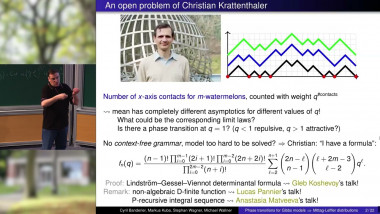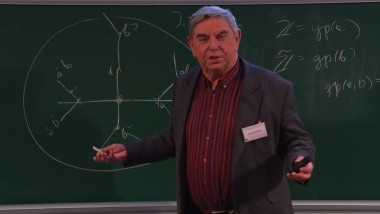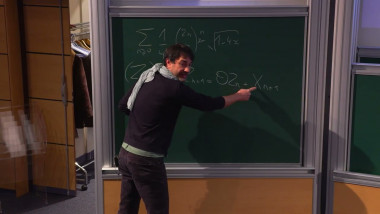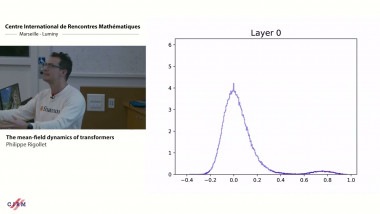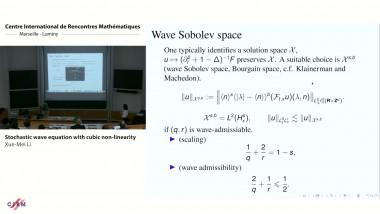Apparaît dans la collection : Heavy Tails, Long-Range Dependence, and Beyond / Queues lourdes, dépendance de long terme et au-delà
The Kingman coalescent is a fundamental process in population genetics modelling the ancestry of a sample of individuals backwards in time. In this paper, weak convergence is proved for a sequence of Markov chains consisting of two components related to the Kingman coalescent, under a parent dependent d-alleles mutation scheme, as the sample size, grows to infinity. The first component is the normalised d-dimensional jump chain of the block counting processes of the Kingman coalescent. The second component is a d^2-dimensional process counting the number of mutations between types occurring in the Kingman coalescent. Time is scaled by the sample size. The limiting process consists of a deterministic d-dimensional component, describing the limit of the block counting jump chain, and d^2 independent Poisson processes with state-dependent intensities, exploding at the origin, describing the limit of the number of mutations. The weak convergence result is first proved, using a generator approach, in the setting of parent independent mutations. A change of measure argument is used to extend the weak convergence result to include parent dependent mutations.
